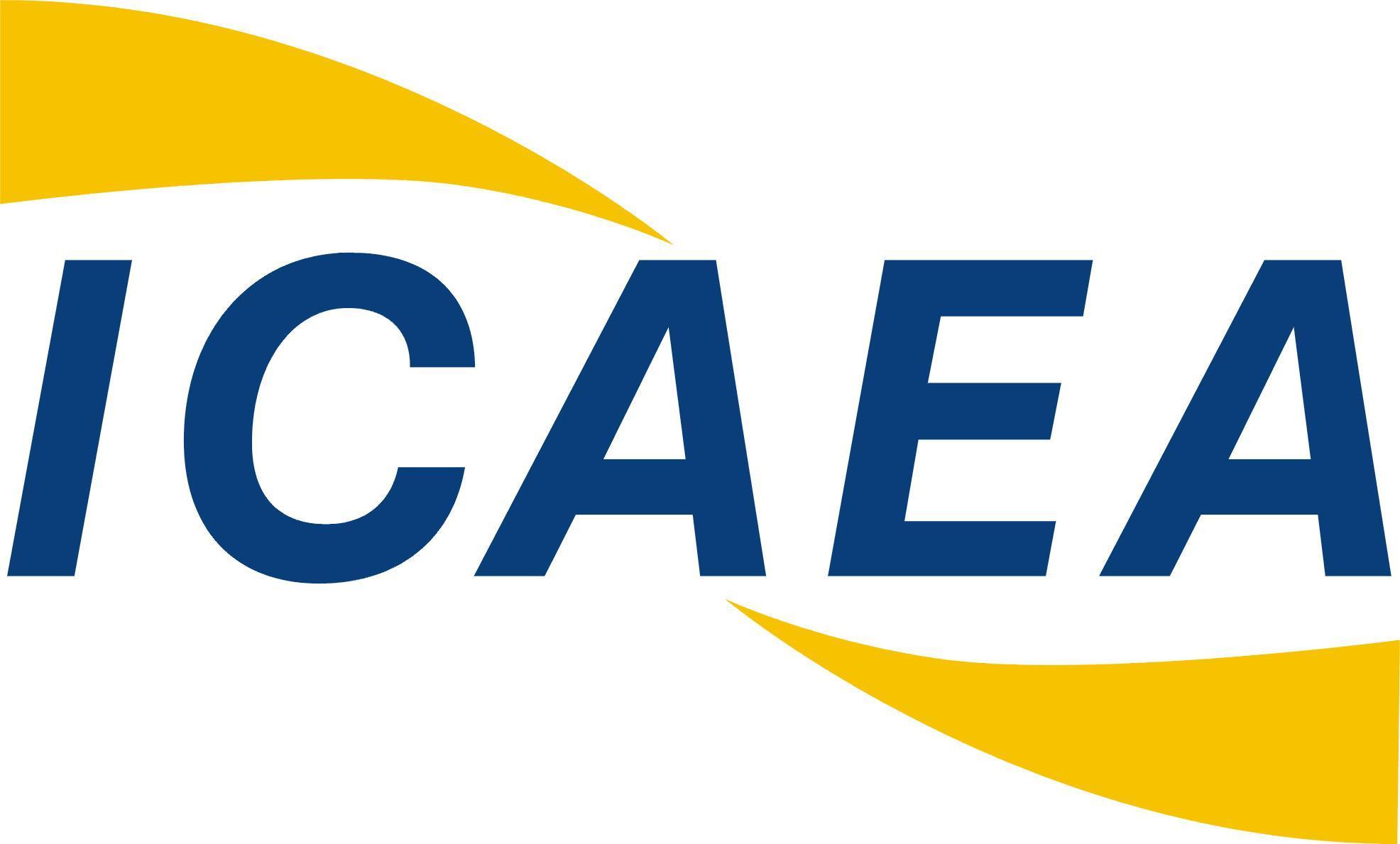Location
Chiba - Tokyo, Japan
Presentation Type
Presentation
Start Date
10-5-2019 9:00 AM
End Date
10-5-2019 9:55 AM
Description
During the last 10 years of the ICAO Language Proficiency Requirements (LPRs) we have seen a focus on the training and assessment of pilots and controllers, mainly regarding their language proficiency. However, as aviation has grown in complexity and aeronautical communications have turned into a globalized and intercultural enterprise, training these professionals for effective communication requires a more comprehensive approach. Aiming to explore the real-world communication needs and the several competencies required by this multicultural workplace, a study was conducted (Monteiro, 2019) giving voice to aviation stakeholders from diverse ‘linguaculture’[1] backgrounds. This paper reports on results from the second phase of this study. First, drawing on a review of theoretical and empirical research on Aviation English, English as a Lingua Franca, Intercultural Awareness, and Interactional Competence, models of language use accounting for the aviation workplace were developed. Then, a preliminary matrix, specifying what is relevant to the context of radiotelephony (RT) communications was generated and validated by 128 aviation stakeholders. Participants’ comments on authentic RT scenarios were categorized according to what they perceived as necessary to improve the effectiveness of communication in terms of awareness, knowledge, skills and attitudes, and then organized along with the four inter-related domains: Aviation English, English as a Lingua Franca, Intercultural Awareness and Interactional Competence. Findings disclose what aviation stakeholders found as most relevant for successful RT communications and confirm the narrow view of proficiency defined by the current ICAO LPRs.
Scholarly Commons Citation
Monteiro,, Ana, "Workshop L: From a Language-Only Approach to a Broader View of Communicative Competence for Intercultural Communications in Aviation" (2019). International Civil Aviation English Association. 3.
https://commons.erau.edu/icaea-workshop/2019/day-3/3
Presentation

Workshop L: From a Language-Only Approach to a Broader View of Communicative Competence for Intercultural Communications in Aviation
Chiba - Tokyo, Japan
During the last 10 years of the ICAO Language Proficiency Requirements (LPRs) we have seen a focus on the training and assessment of pilots and controllers, mainly regarding their language proficiency. However, as aviation has grown in complexity and aeronautical communications have turned into a globalized and intercultural enterprise, training these professionals for effective communication requires a more comprehensive approach. Aiming to explore the real-world communication needs and the several competencies required by this multicultural workplace, a study was conducted (Monteiro, 2019) giving voice to aviation stakeholders from diverse ‘linguaculture’[1] backgrounds. This paper reports on results from the second phase of this study. First, drawing on a review of theoretical and empirical research on Aviation English, English as a Lingua Franca, Intercultural Awareness, and Interactional Competence, models of language use accounting for the aviation workplace were developed. Then, a preliminary matrix, specifying what is relevant to the context of radiotelephony (RT) communications was generated and validated by 128 aviation stakeholders. Participants’ comments on authentic RT scenarios were categorized according to what they perceived as necessary to improve the effectiveness of communication in terms of awareness, knowledge, skills and attitudes, and then organized along with the four inter-related domains: Aviation English, English as a Lingua Franca, Intercultural Awareness and Interactional Competence. Findings disclose what aviation stakeholders found as most relevant for successful RT communications and confirm the narrow view of proficiency defined by the current ICAO LPRs.



Comments
Session 5, Workshop L.
View bio